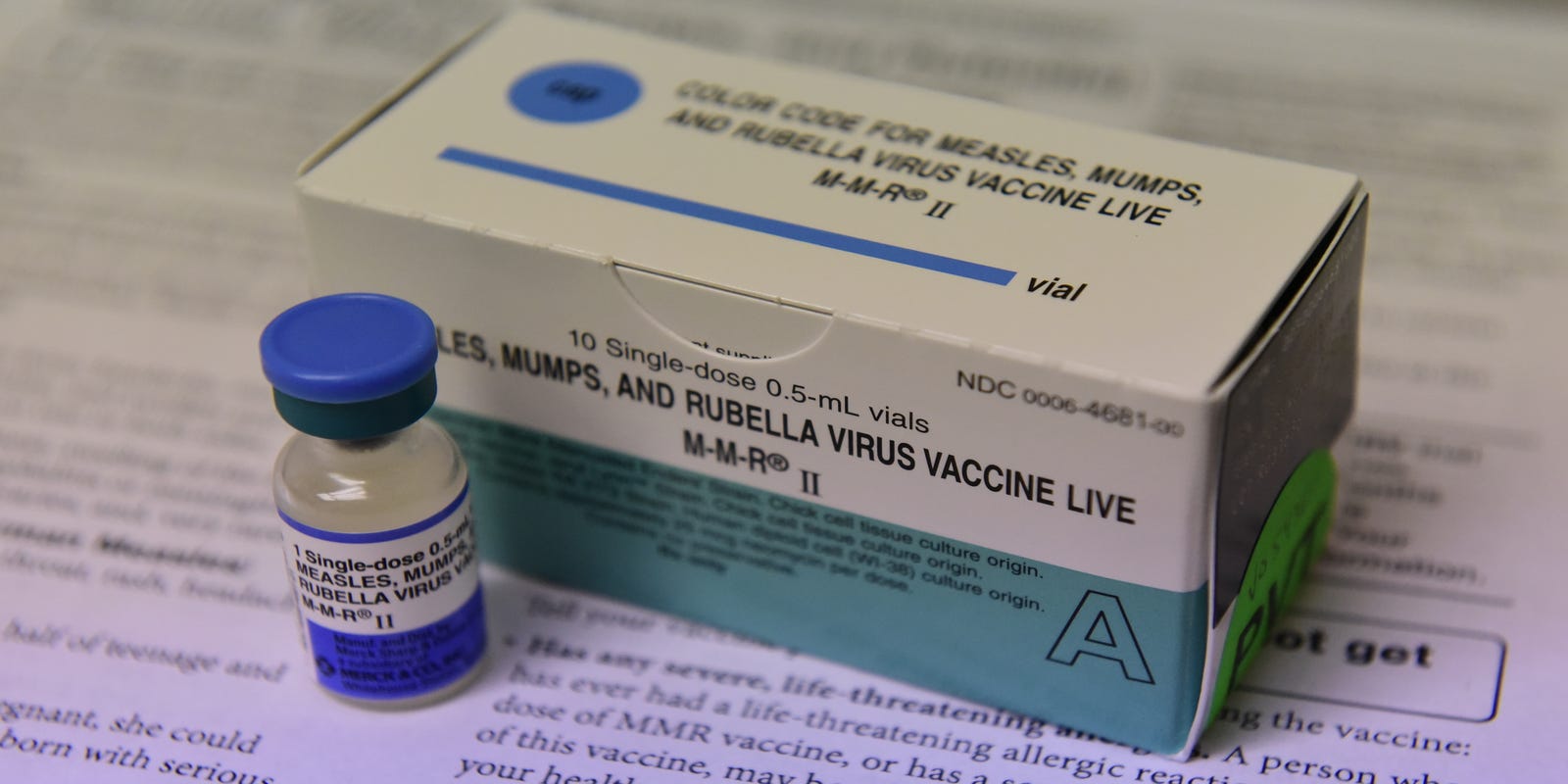Vaccine Alert: NY Health Officials Warn Travelers About Measles Risk

Traveling the globe can expose you to unexpected health risks, and measles is a prime example of a highly contagious disease that varies in prevalence across different regions. Understanding the potential for measles transmission during international travel is crucial for protecting your health and the health of those around you.
Depending on your destination, the risk of encountering measles can differ significantly. Some countries have higher rates of infection, making travelers particularly vulnerable if they haven't been fully vaccinated. Before embarking on your next adventure, it's essential to consult with healthcare professionals, review your vaccination status, and take proactive steps to minimize your risk of contracting this serious viral illness.
